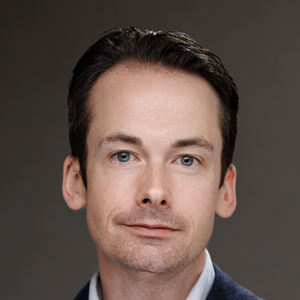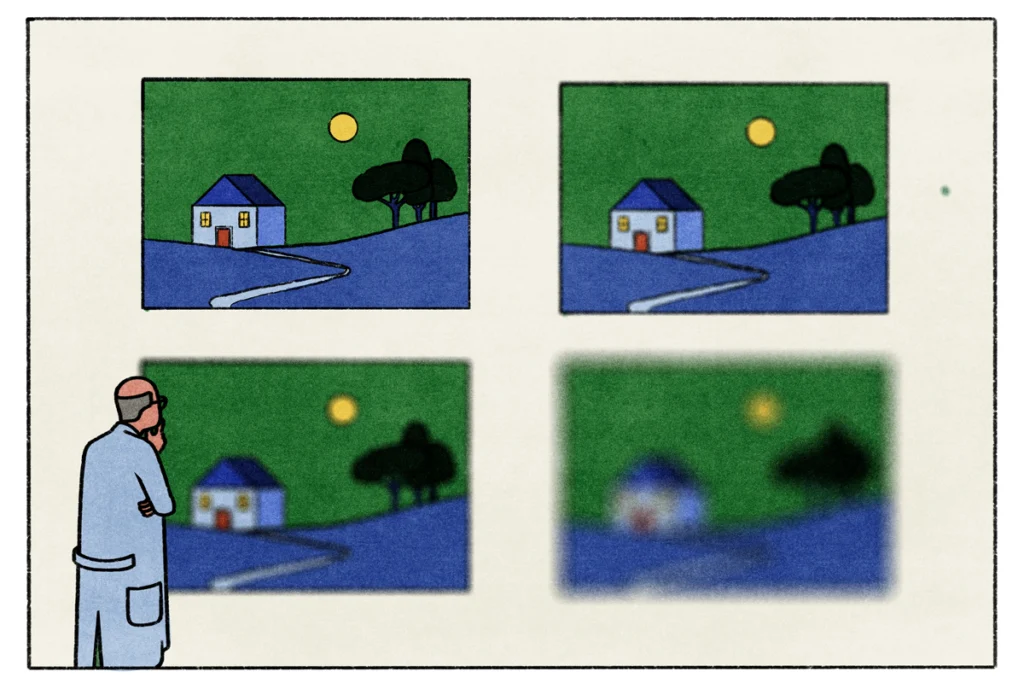Tomás Ryan is professor of neuroscience in the School of Biochemistry and Immunology and a principal investigator at the Trinity College Institute of Neuroscience at Trinity College Dublin in Ireland. He holds a joint faculty position at the Florey Institute of Neuroscience of Neuroscience and Mental Health at the University of Melbourne in Australia. His research group aims to understand how memory engrams change over development and how they interact with innate representations. His primary research is supported by the European Research Council, Science Foundation Ireland, the Jacobs Foundation and the Lister Institute of Preventive Medicine, among other sources. Ryan is a CIFAR Azrieli Global Scholar in the Canadian Institute for Advanced Research. With Francis Fallon, he co-founded and co-directs the project Representation: Past, Present, and Future, supported by the Wellcome Trust Institutional Strategic Support Fund as part of Trinity College Dublin’s Neurohumanities program.

Tomás J. Ryan
Professor of neuroscience
Trinity College Dublin
From this contributor
What are we talking about? Clarifying the fuzzy concept of representation in neuroscience and beyond
To foster discourse, scientists need to account for all the different ways they use the term “representation.”
Explore more from The Transmitter
Dendrites help neuroscientists see the forest for the trees
Dendritic arbors provide just the right scale to study how individual neurons reciprocally interact with their broader circuitry—and are our best bet to bridge cellular and systems neuroscience.

Dendrites help neuroscientists see the forest for the trees
Dendritic arbors provide just the right scale to study how individual neurons reciprocally interact with their broader circuitry—and are our best bet to bridge cellular and systems neuroscience.
Two primate centers drop ‘primate’ from their name
The Washington and Tulane National Biomedical Research Centers—formerly called National Primate Research Centers—say they made the change to better reflect the breadth of research performed at the centers.

Two primate centers drop ‘primate’ from their name
The Washington and Tulane National Biomedical Research Centers—formerly called National Primate Research Centers—say they made the change to better reflect the breadth of research performed at the centers.
Post-infection immune conflict alters fetal development in some male mice
The immune conflict between dam and fetus could help explain sex differences in neurodevelopmental conditions.

Post-infection immune conflict alters fetal development in some male mice
The immune conflict between dam and fetus could help explain sex differences in neurodevelopmental conditions.
